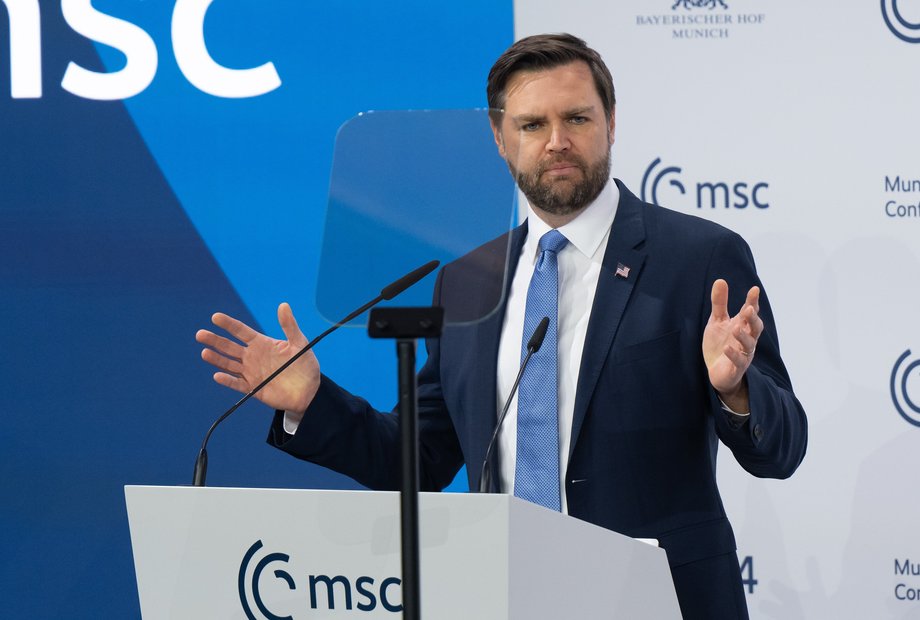Targeted disinformation and influence operations appear to have become a norm in Germany as part of Russia's hybrid warfare. The statements made by the Trump administration, which have sparked controversy in the recent past, could further intensify Russian attacks against Germany.
While billionaire, Trump advisor, and owner of the social media platform X Elon Musk has restricted his active influence on German political discourse to the election campaign period, US Vice President JD Vance has taken a stand on the domestic German discourse following the election. In an interview with the US broadcaster FoxNews, he once again expressed similar views to those that had already caused displeasure at the Munich Security Conference (MSC) in Germany in February: in both appearances, Vance stated that freedom of speech was being restricted by governments in Europe. Additionally, his statements regarding (mass) migration were reminiscent of the conspiracy theory of the "Great Replacement". Apparently, the Fox News interview was intentionally provocative so that German media would pick it up and thus reach the German audience. The statements of other members of the US government, who criticized the decision of the German domestic intelligence services (Bundesamt für Verfassungsschutz, BfV) when it recently classified the AfD (Alternative für Deutschland) as right-wing extremist, can be assessed in a similar manner. The same applies to Vance's closing remarks at a an MSC delegation meeting, where he once more accused European governments – and the Biden administration – of interfering with freedom of speech.
Hybrid warfare targets the leadership and functionality of states
Promoting radical and extreme forces on the political fringes is one of the tools used in hybrid warfare. Such hybrid warfare is currently being waged by Russia, also against Germany, with the aim of weakening the targeted country. This is done by deliberately empowering radical and extreme forces, igniting conflicts, and thereby causing long-term destabilisation of society. An unstable country, according to the Russian calculation, is an unstable partner within NATO and the EU, thus weakening these alliances, which Russia perceives as an obstacle to its imperial ambitions.
Both the accusation raised by Vance that freedom of speech in Europe is allegedly restricted and the opposition is supposedly suppressed, as well as his thesis that migration leads to the "civilizational suicide of Europe," feed the narratives of extreme political groups in Europe – especially in Germany. Vance's statements thus contribute to the division and destabilization of the democratic system. They share this effect with Russian hybrid measures.
The changed situation requires rethinking in Germany
It must be assumed that members of the US government will continue to influence public opinion in Germany, another reason why the federal government should reassess the transatlantic relationship.
Considering the accusations from the US and the need for a credible response, a resilient democracy must justify its decisions and measures, such as the classification of the AfD by the domestic intelligence agency. The use of legal means, especially in the fight against extremism should be used decisively but carefully. The political handling of key societal challenges, such as migration and the economic situation, must not be neglected. Necessary state interventions in freedom of speech always involve a limited curtailment of individual rights to preserve the democratic order in the long term. The answer to the question of how much we are willing to give up in order to remain who we are must be discussed in political and social discourse and communicated clearly and openly.
Lieutenant Colonel Thilo Geiger has been working as a liaison officer and research associate at the IFSH since October 2024.





